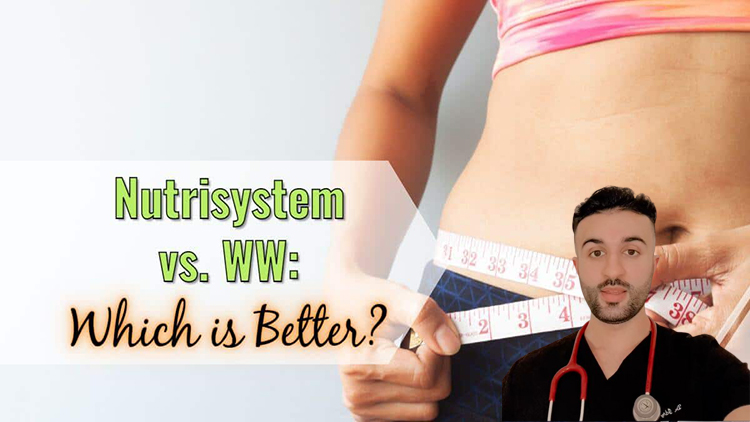
It’s all about the amount and the timing.
Making fruit a daily staple in your diet can offer many health and nutritional benefits. And for some, an added benefit might be that fruit can actually help with weight loss.
Sometimes fruit gets a bad rap for containing carbs and naturally occurring sugar. But both of those components are parts of a healthy diet and can be a part of your weight loss or management journey.

What Are the Best Fruits for Weight Loss?
Truly, there aren’t any specific fruits that can be singled out as the best choices for weight management. That’s because a variety of fruits—all fruits—in moderate portions can aid in weight loss.
Natural substances in fruit—including vitamins, minerals, antioxidants, fiber, and prebiotics—are incredibly good for you, not only in terms of protecting against chronic diseases but also for managing your weight. Even if you eat plenty of veggies, skipping fruit means missing out on the unique antioxidants they provide.
Research has even shown a connection between fruit intake and weight loss. One study found that, among adults who were overweight or obese, those who ate more fruit experienced greater weight loss than those who didn’t.1 Another study, which followed more than 130,000 adults over 24 years, found that consuming fruit was associated with improved weight loss over time.2
Just try to fit in a variety of fruit to expose your body to the broadest spectrum of nutrients and antioxidants.
Does It Matter When You Eat Fruit?
Since the carbs in fruit help fuel activity, when you eat fruit matters too.
Try building fruit into the meals and snacks you consume during your more active hours of the day. That may mean eating a small banana before a workout or eating berries with breakfast before heading to work, and then pairing an apple with almond butter in the afternoon to help power through the rest of the day.
Eating fruit before an exercise or before you start your day will provide you with carbohydrates that are easily digestible and will keep your energy up.
How Much Fruit Should You Eat?
The U.S. Department of Agriculture recommended that most adults should eat 1.5 to 2.5 cups of fruit everyday. This can include fruit that is canned, fresh, dried, frozen, or juice. But at least half of the daily amount you consume should come from whole fruit (rather than 100% fruit juice).4
Fruit is a healthier alternative to most high-calorie snacks. The key to eating the right amount of fruit is by replacing those high-calorie snacks with low-calorie fruits.
Why Does Fruit Help With Weight Loss?
The link may be because fruit can help boost satiety and satisfy a sweet craving. Fruits can provide you with another sweet snack or dessert option. They can also replace higher-calorie treats from time to time.5
The sugar from fresh, whole fruit is different than added sugar, the refined type used to sweeten foods (think sweetened almond milk or the spoonful of sugar you add to your morning coffee).
That’s because the naturally occurring sugar in fruit is much less concentrated and is bundled with water and a number of key nutrients. For example, one large orange provides:
- 21.7 grams of carbs
- 17 grams of natural sugar
- 4 grams of fiber
- 53 milligrams of vitamin C
- 181 milligrams of potassium
- 14 milligrams of phosphorous
Compare that to 1 teaspoon of sugar, which contains about 4 grams of carbs and no nutrients. Essentially, whole, fresh fruit, and added sugar don’t belong in the same category.
Quick Review
Bottom line: fruit is incredibly nutritious. Its impact on your weight depends on when you consume it and if you are using it to replace higher calorie foods. Banishing fruit completely can backfire on weight loss and negatively impact your overall wellness. Instead, strike the right balance to reap all the benefits of fruit and still achieve your weight loss goals.






